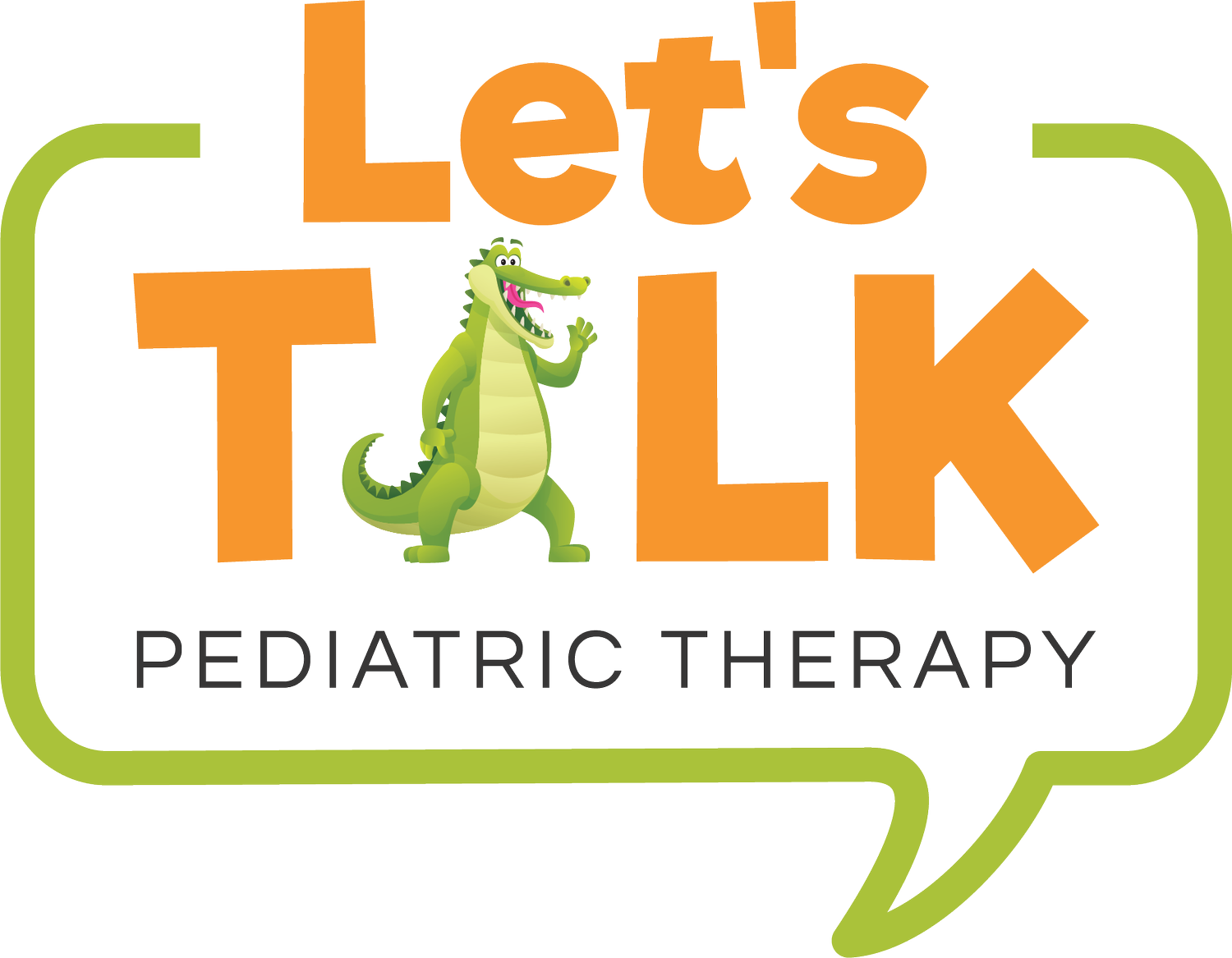What sounds should my child be using?
What sounds should my child be using?
Have you found yourself asking this question? As children begin to use more words, it is not uncommon for them to have speech sound errors or difficulty producing different speech sounds.
As a parent, you may feel anxious not knowing if your child’s speech is “typical” or you may find yourself asking:
How do I know if my child needs speech therapy?
Should I find a private speech therapist?
When should my child be able to say __ sound?
When we talk about milestones we refer to an age or stage in which most children develop a skill. With speech sounds, milestones are broken up into age ranges to assist parents in knowing if their child needs speech therapy or to seek a private speech therapist provider. It is important to remember, milestones are not “exact numbers” and children may develop speech skills slightly early or later.
In addition to looking at individual speech sounds, you can also monitor your child’s overall speech intelligibility by age. Speech intelligibility refers to how often you understand your child. Factors to keep in mind when judging intelligibility.
Context- Do you know the context of the conversation? In vs. Out of context. For example, is your child talking about what he/she played at recess, something you as parent were not part of vs. a conversation about what you ate for dinner.
Communication Partners- Are you a familiar or unfamiliar listener? A familiar listener refers to someone who spends a lot of time with the child (e.g., parent, sibling, therapist, grandparent). An unfamiliar listener may be a relative you don’t see often or family friend.
So what can you do?
Use the guidelines/references listed here and reach out to us with any questions or concerns regarding speech milestones. If you are unsure if your child would benefit from speech therapy, contact us to set up a complimentary in-person or over the phone screening to assist in determining if your child is using age appropriate speech sounds and if a speech evaluation is warranted.



